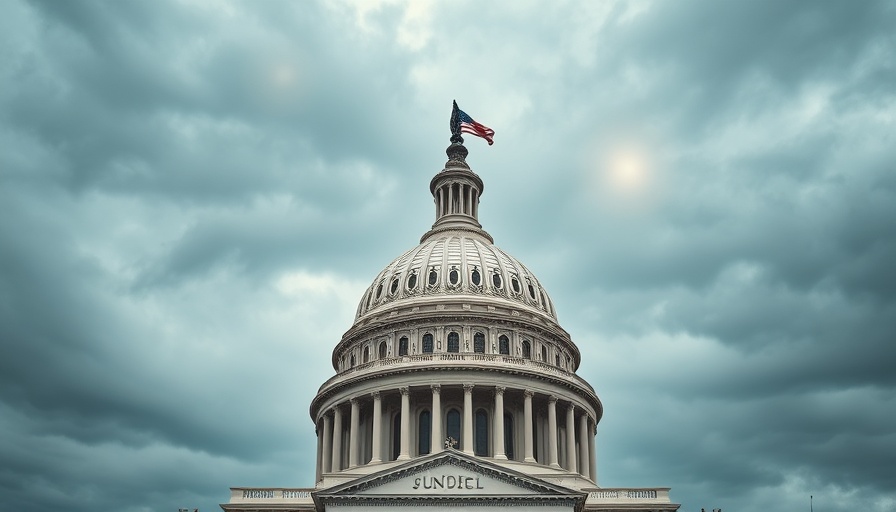
Medicaid Cuts: A Looming Crisis for Healthcare Providers
In recent developments, Congress is moving forward with proposed cuts to Medicaid, raising alarm bells among healthcare providers. These cuts could profoundly affect not only the low-income populations who rely on Medicaid for essential health services but also the healthcare professionals who treat them. Independent physicians, nurse practitioners, and community health clinics could feel the pinch as funding diminishes, challenging the operational capacity and patient engagement strategies these providers strive to maintain.
Understanding the Implications of Medicaid Cuts
The impending cuts to Medicaid funding are likely to exacerbate existing disparities in healthcare access. Many clinics and practices that primarily serve Medicaid patients depend on this funding to operate efficiently. Without stable funding, they might struggle to implement healthcare automation tools that enhance clinic operational efficiency. These tools have become vital in engaging patients and ensuring compliance with federal regulations.
The Ripple Effects on Healthcare Providers
As the cuts loom, providers must strategize around maintaining effective patient engagement tools and operational capabilities. Without adequate reimbursement, practices may cut staffing or services, ultimately impacting patient care. This creates an environment where healthcare professionals might grapple with staff benefits optimization—an essential factor in retaining talent in a challenging market.
Connecting Medicaid Cuts to Practice Growth Strategies
With healthcare funding at risk, it’s crucial for providers to consider innovative approaches to sustain their practices. Implementing telehealth reimbursement strategies and exploring Medicare reimbursement opportunities can help. Although the future seems uncertain under proposed healthcare changes, strategic adjustments offer practical pathways to navigate financial challenges, ensuring continued care for patients reliant on Medicaid.
Rural Clinics: Vulnerable Yet Vital
Rural clinics, in particular, face unique challenges concerning these cuts. Practices in rural areas often have limited resources, making them acutely vulnerable to federal funding fluctuations. The migration to automated solutions can enhance productivity, but without adequate funding, even these systems may not succeed. Utilizing remote patient monitoring and RTM programs can introduce cost-saving mechanisms, but incentives must remain viable.
The Future of Medicaid and Independent Providers: A Call to Action
The proposed cuts to Medicaid present not just a fiscal challenge but also a moral predicament for healthcare providers striving to serve their communities. By advocating for fair policies that protect funding, healthcare professionals can support not only their practices but also the vulnerable populations they serve. It is imperative for all stakeholders, from medical billing teams to executive leadership in healthcare organizations, to engage collaboratively in discussions surrounding community health outreach and raise awareness about the critical role Medicaid funding plays in their local areas. This ongoing dialogue is more crucial than ever as we work to prevent further erosion of healthcare accessibility.
Healthcare professionals should assess their current operations and explore ways to optimize resources while advocating for policy changes that uphold necessary funding. Whether through leveraging voice AI agents or enhancing patient communication tools, independent practices can maintain their resilience in the face of adversity.
Take Action Now
As Congress moves forward with negotiations over Medicaid funding, all healthcare providers must make their voices heard. Engage with local policymakers, participate in community advocacy efforts, and understand the implications of these cuts on your operations and patient care. Remember, the future of healthcare is in our hands, and together, we can push for reforms that protect vulnerable populations and support the providers committed to their care.
 Add Row
Add Row  Add
Add 




 Add Row
Add Row  Add
Add 

Write A Comment